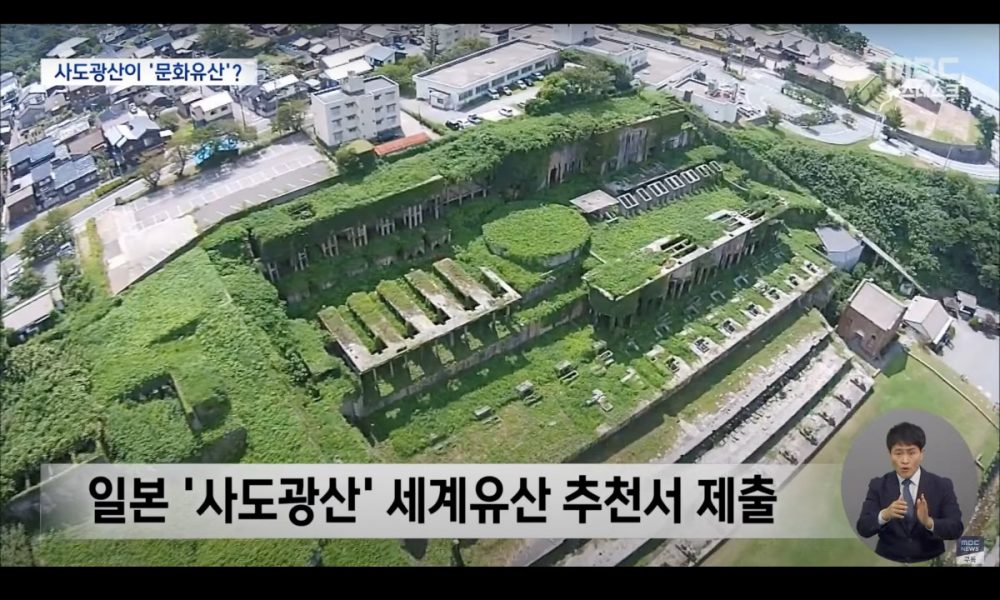
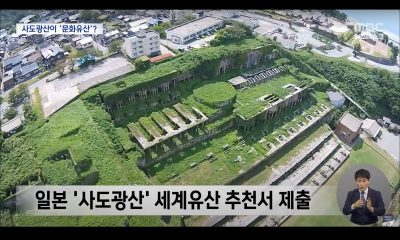

"The best solution to resolving historical disputes is by promoting the facts" — Hwang Uiwon, editor-in-chief of MediaWatch, at the wartime labor history forum.
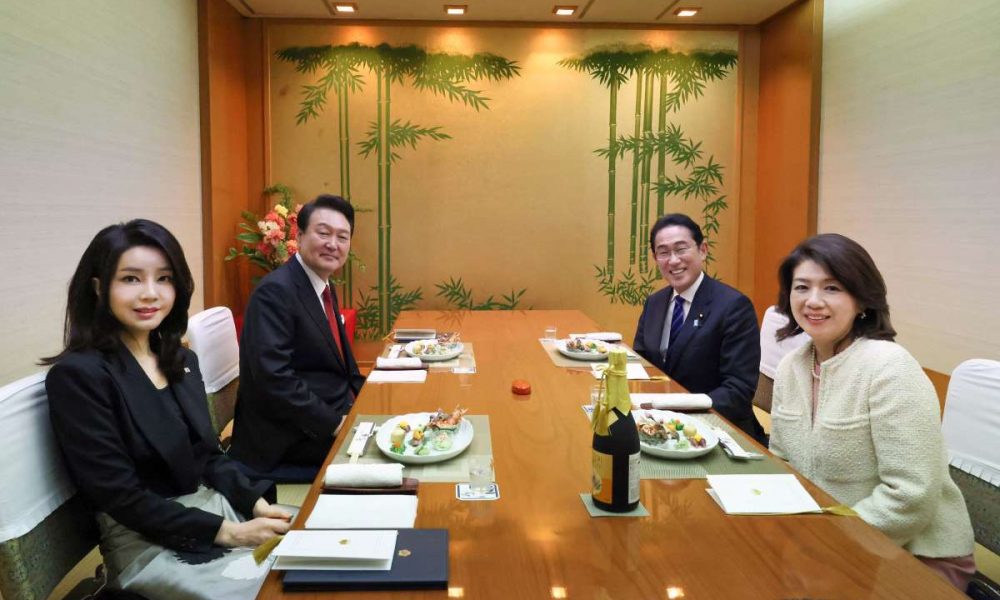
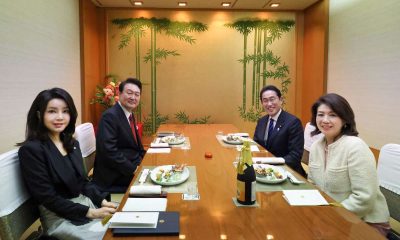

The South Korea "solution" continues to leave the impression abroad that Japan had somehow acted unjustly and it doesn't set the historical record straight.
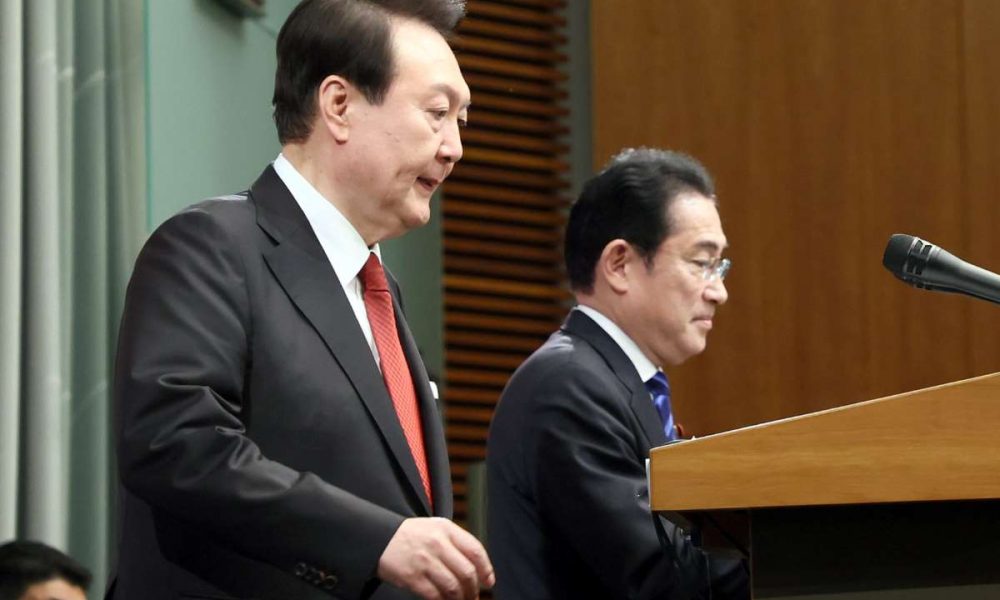
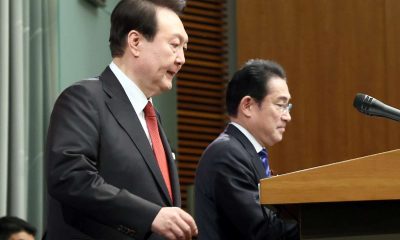

South Korea and Japan both highlighted the promotion of freedom, peace and prosperity, based on liberal democratic values, terms not heard often enough in Asia.
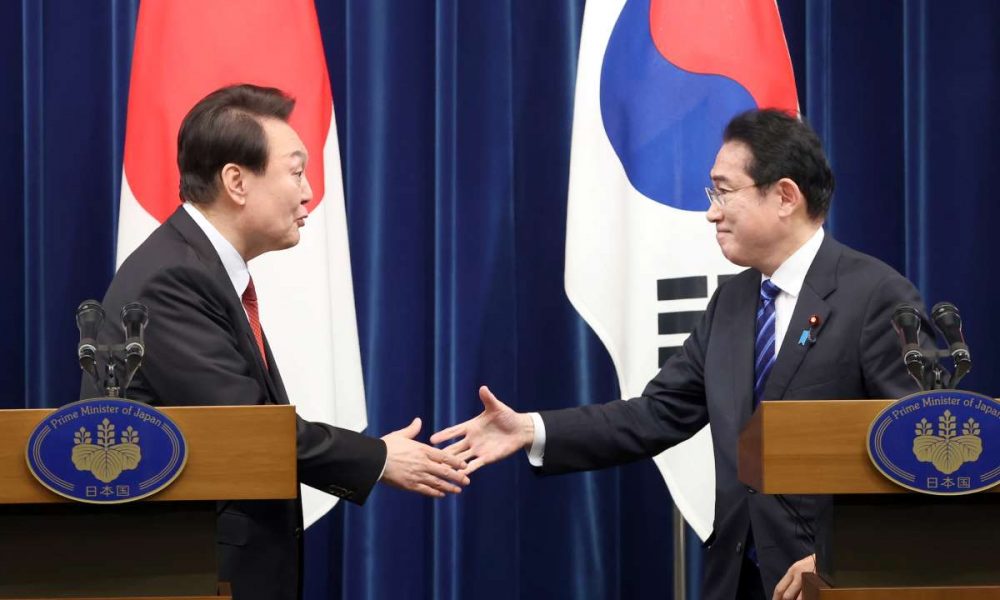
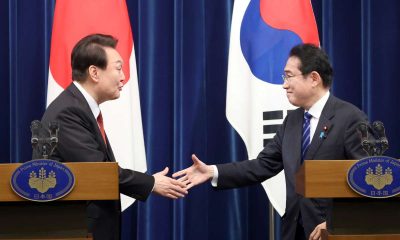

"I am aware that there are several issues that still need to be addressed" with South Korea, but will build on a mutual relationship of trust,...
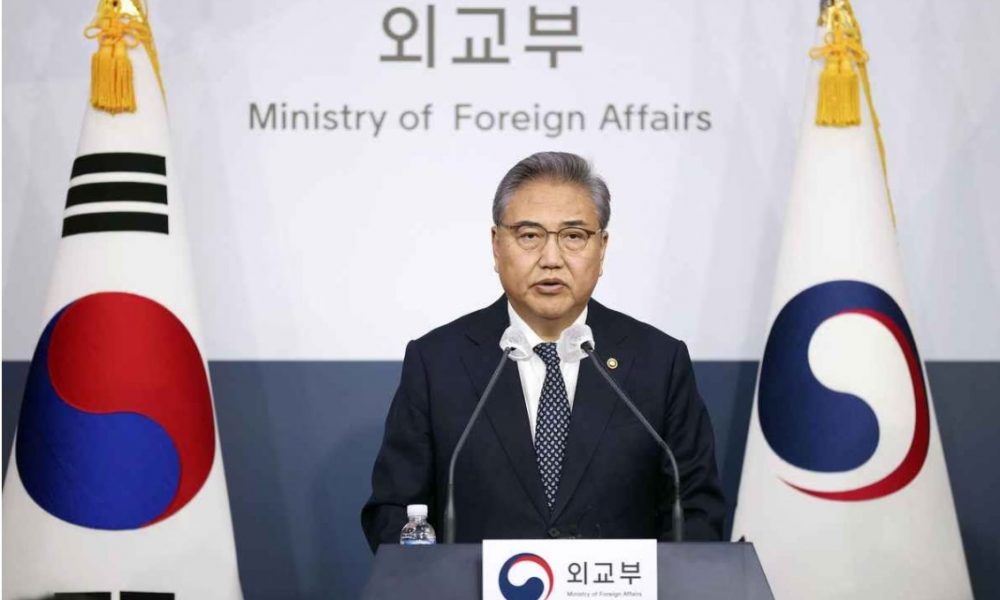
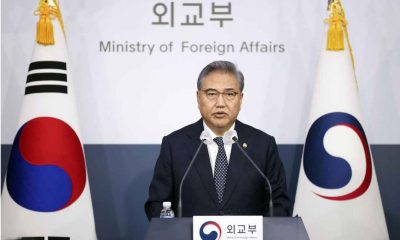

The wartime labor settlement only presents a band-aid solution. After all, the next South Korean government could dredge the whole dispute back up again.
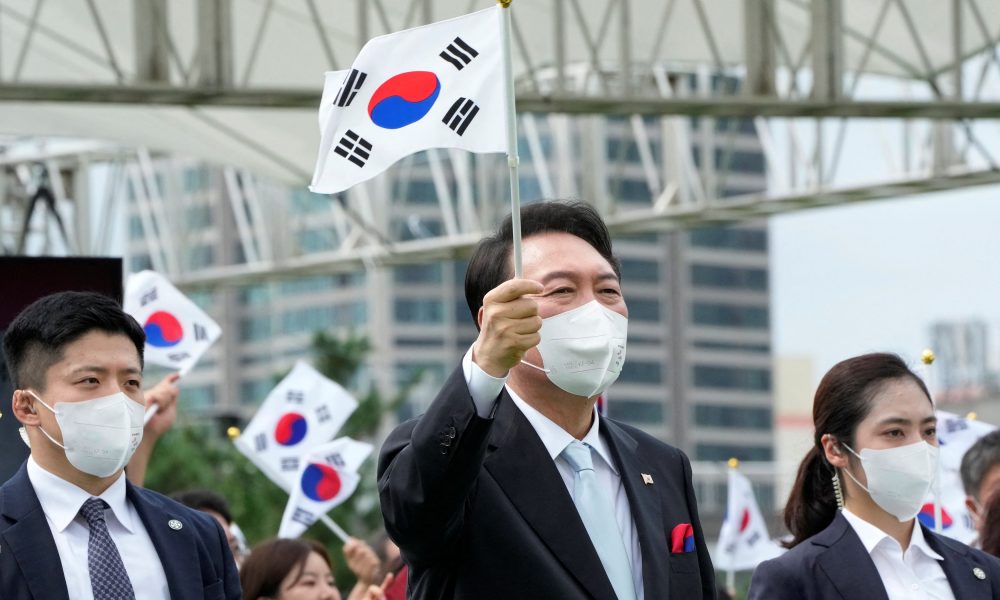
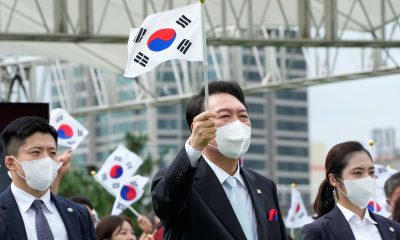

To normalize relations between Japan and South Korea, the Seoul government must also admit and explain the 2018 South Korean radar lock-on of a Japan SDF...
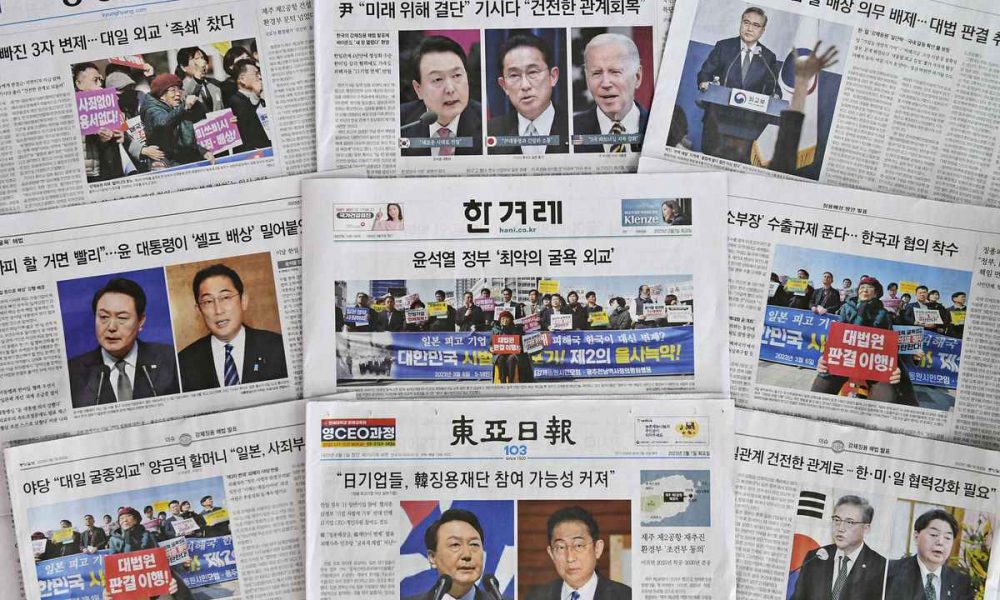
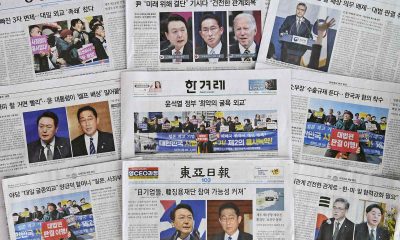

If South Korea continues to distort historical facts, and Japan continues to bow down when falsely accused, an unhealthy relationship may well continue.



"We welcome the move to restore healthy relations between Japan and South Korea that were in a very dire place" since 2018, says FM Hayashi.
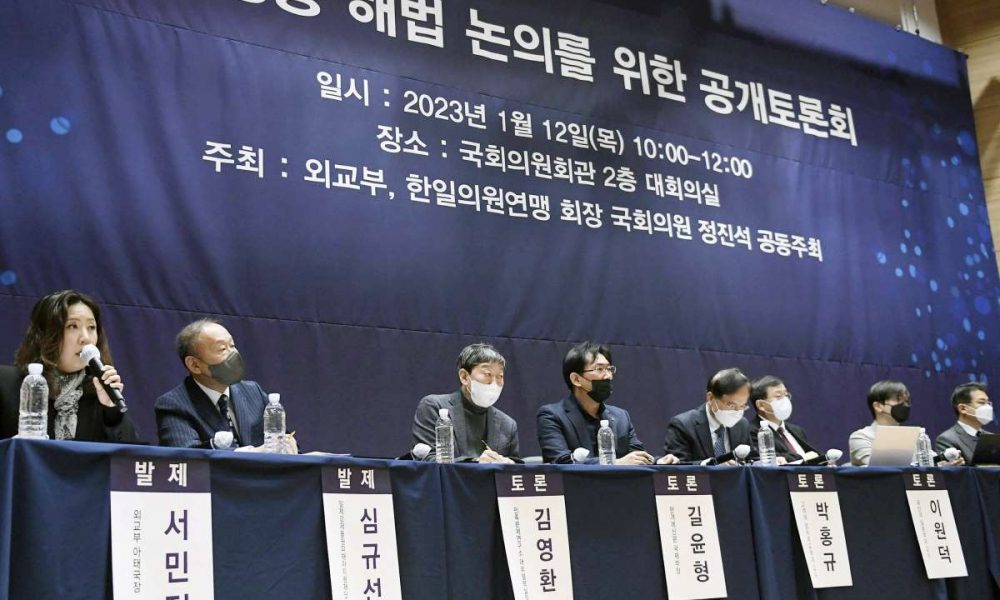


While any improvement in Japan-South Korea relations is welcome, resolution of the wartime labor issue will only be temporarily if it ignores the 1965 treaty.
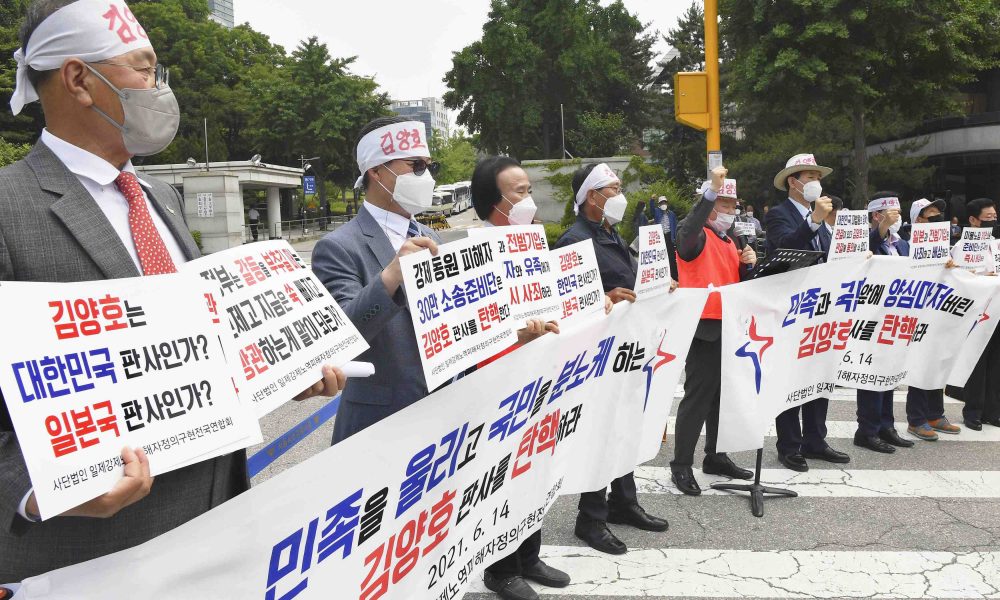
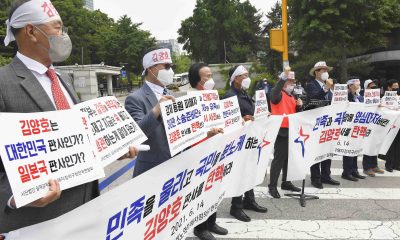

The author identifies three issues with the latest proposal for compensating wartime Korean workers. For now, Japan should keep some distance from South Korea.
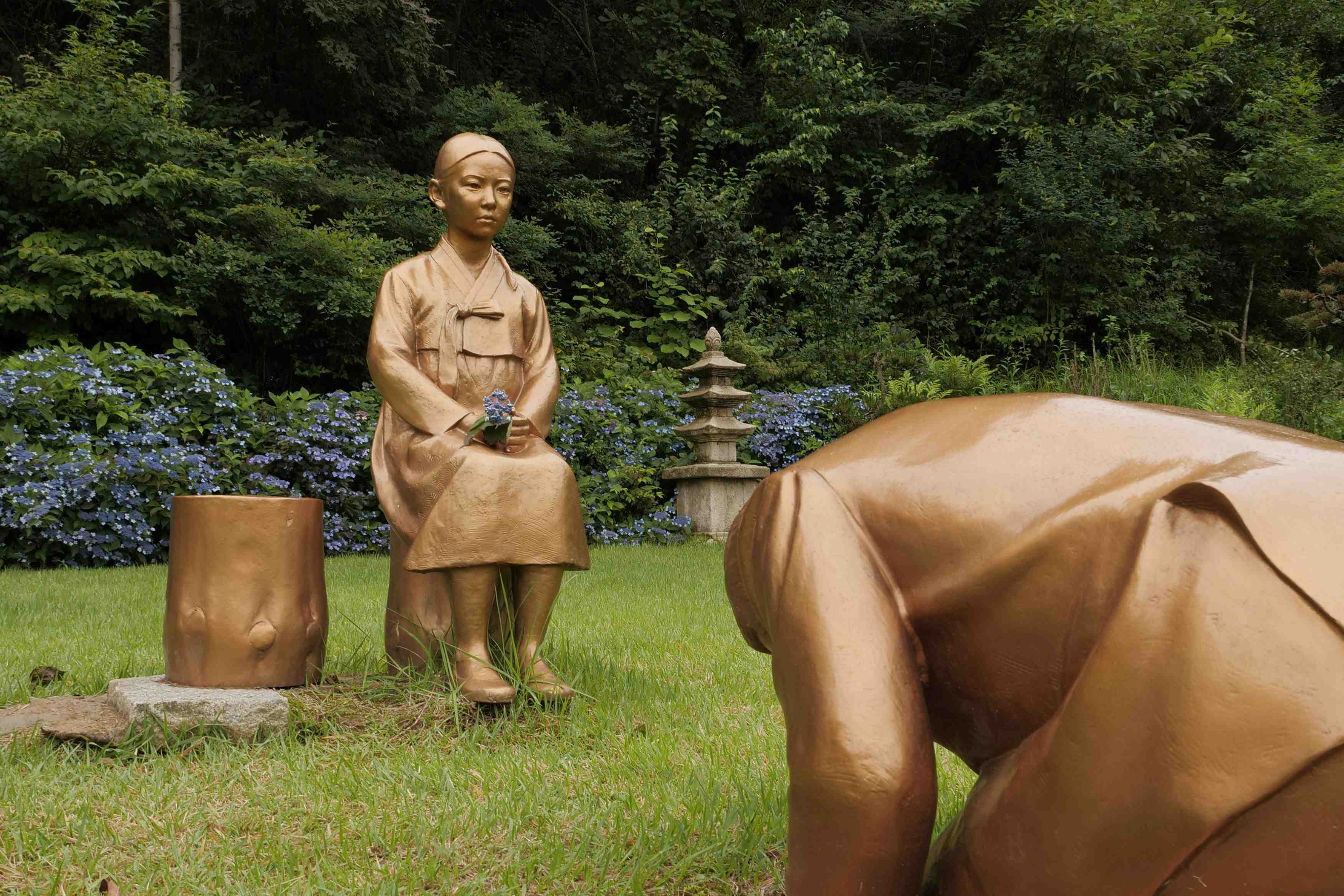


In an interview, Park Yuha argues that comfort women activism started with good intentions but ignored the universal issue in a rush to hold Japan liable.
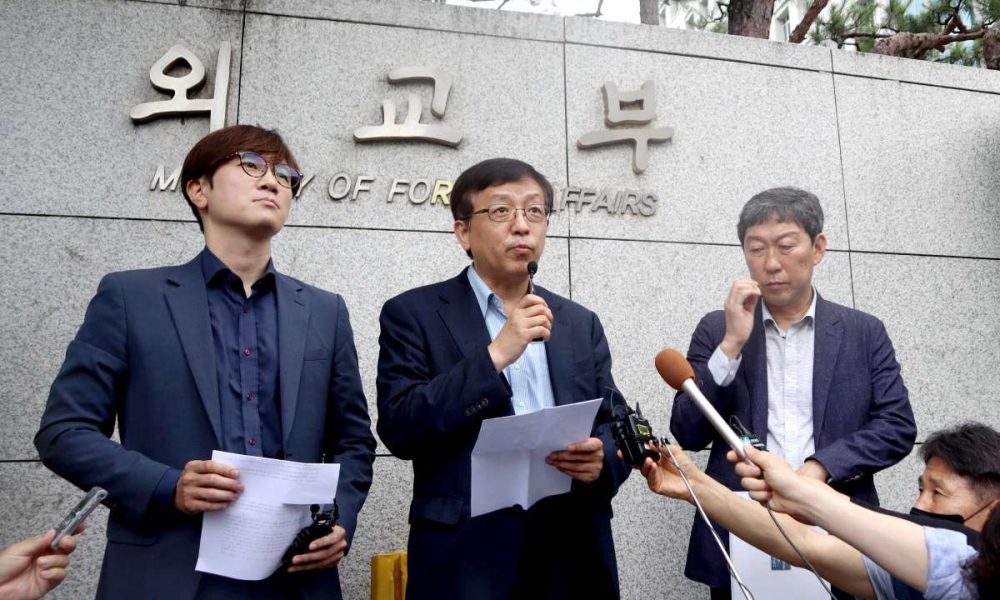
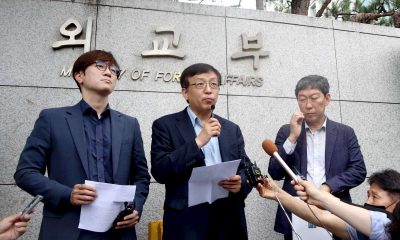

The wartime labor issue was resolved under a 1965 international agreement between Japan and South Korea establishing relations and settling all war era claims.